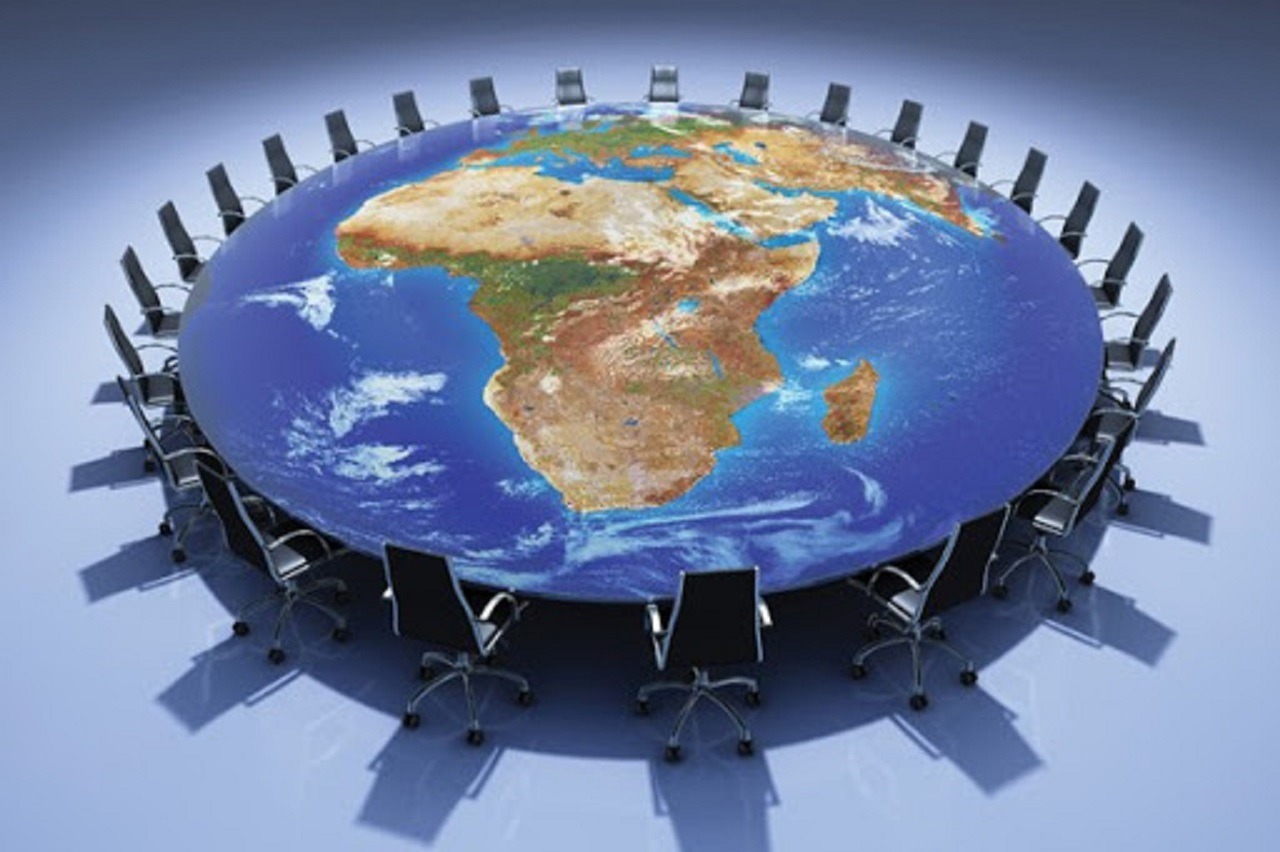Referring to the remarks of the UN Secretary General, who accused the world powers of ignoring inequalities in international institutions and described the world “on the verge of collapse”, Dr. Mahmoud Dehghan noted: Mr. Guterres pointed to a clear and unequivocal fact that the purpose of criticism and the tip of the arrow was towards the big powers and the main owners of the economy and capital.
Speaking in an interview with the website of the Strategic Council on Foreign Relations, he noted that German Chancellor Angela Merkel had previously said in her speech that the 21st century is the century of the East and, referring to economic growth figures, explicitly referred to the “decline of the West.” The racial and economic divide in the West has become quite apparent and has reached a point where change is needed.
Regarding the role of the United Nations and the mission of its Secretary-General to prevent the disintegration of the world, he said: “Mr. Guterres is at the head of an organization that has a ceremonial role and does not have much power to act independently. It is mostly the spokesperson and the voice of the members of the Security Council, and this council is in the hands of the five main powers of the world, and the others have no role in it.
He added: “Secretary-Generals who have previously criticized current trends, such as Kurt Waldheim or Kofi Annan, have only been able to rule just for one term and in the next round the Americans or Europeans and other members of the Security Council vetoed them.” It is a fact; but the fact that Mr. Guterres has raised these issues in spite of these facts shows that so many serious problems have arisen that he has taken that risk and criticized this role.
Need to Reorganize World Order
“Many sociologists, economists and international relations experts believe that the time has come to re-organize the world order,” he said, referring to Gutterez’s assertion that something as small and weak as a virus has exhausted the entire world. Most importantly, the injustice that the decisions of the 196-nation General Assembly are not binding, but the approvals of the five-nation Security Council are binding must be removed.
He stressed: “This disruption of the world order shows that these five world powers are pursuing their own interests and, like the United States, they issue resolutions whenever they want to enter into a treaty; but four months later, they violate it and work against the resolution they tried to pass. This shows that individual interests still prevail over collective and global interests, and people like Mr. Trump do not hesitate to say “America first.”
Corona and Indiscipline of Global Economy and Possibility of New Crisis
Referring to Guterres’ remarks that corona played an important role in highlighting growing inequalities and clear income disparities, the university professor of international relations said: “Corona has shown global indiscipline in the economy and the possibility of a global crisis. Waves like the crisis that began in 1929 and led to World War II in 1945 have begun, and many predict that it may lead to very intense war from one part of the world; As if the assassination of the Austrian Crown Prince was enough to start World War I, and for World War II Germany to cross the border, and for World War III it is not unlikely that an economic crisis could lead to its outbreak.
Divergent World on Threshold of World War
Dehghan stressed: The reason for these concerns about the beginning of a world war is that the world has passed from convergence and entered divergence; Divergence means paying attention to individual interests and ethnic and racial prejudices that have replaced international cooperation and assistance.
“All powers are in the hands of the five members, and they certainly do not allow any action to be taken against their interests, even those necessary for world order and stability,” he said; because they have the legal leverage and the approvals of the Security Council. The charter, which states that the decisions of these five countries are binding on all countries of the world, is also at their disposal, and they also have abundant economic, political and social leverage.
The international affairs analyst continued: “Among other countries, the understanding of leaders is not at a level that they put aside their national interests in the short term and coordinate with each other to benefit from it in the future. Every government wants to take the most advantage while it is in power.
Big Powers Prevent Reforms in UN Structure
Dehghan also spoke about the need to start reforms from within the United Nations with the aim of gaining independence and increasing its role-playing power: “The big powers do not allow such an action. For several years, they have resisted calls for more permanent members at the Security Council. Germany, South Africa and India have been candidates for Security Council membership for years, and they are doing well, but they will not allow it.
He added: “Unless something like the collapse of the Soviet Union, which shook Russia, takes place in the United States, and the Europeans, worried about civil wars, are forced to make concessions to other countries. Therefore, this incident will not take shape from within the United Nations, and it must take shape from within the member states.










0 Comments